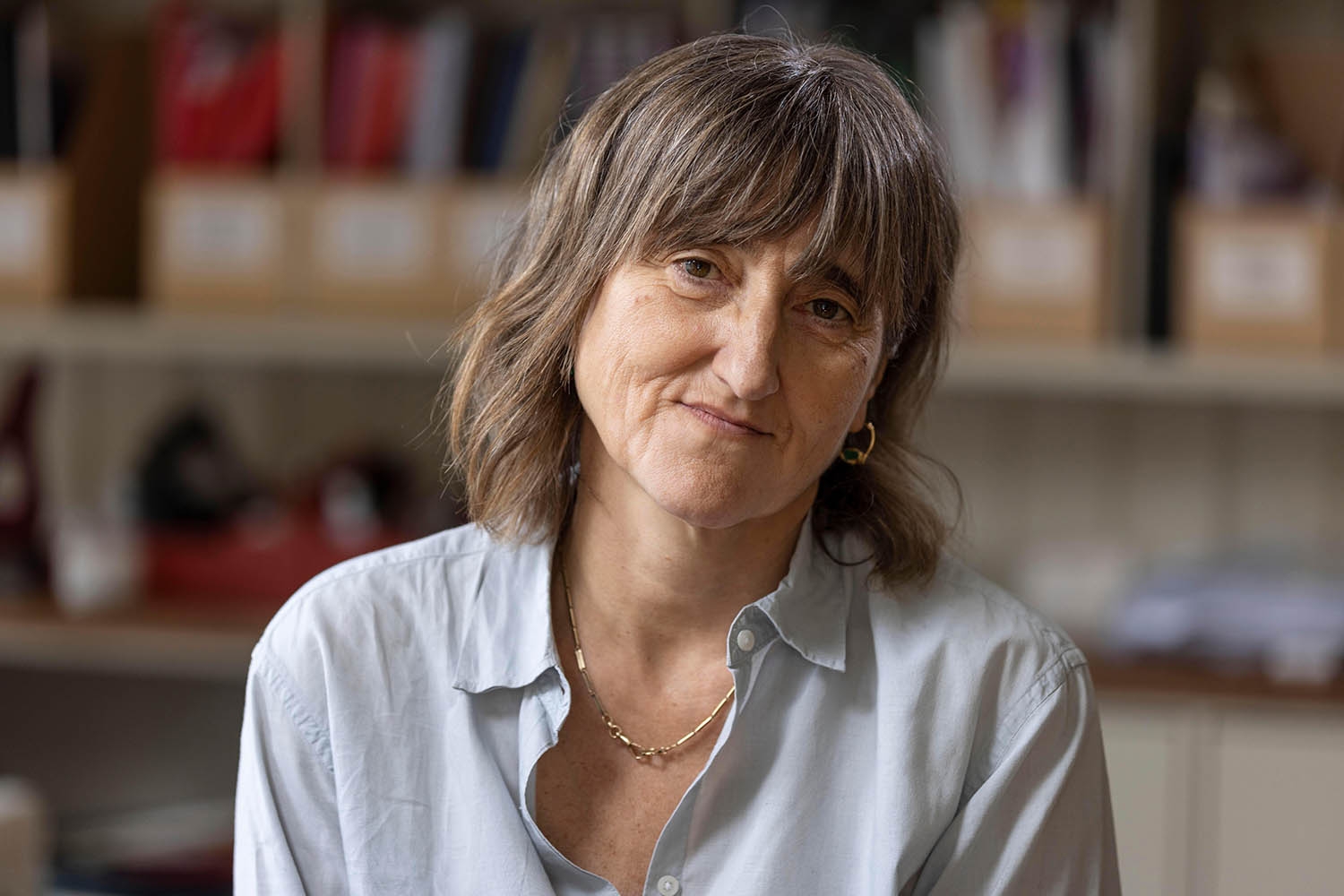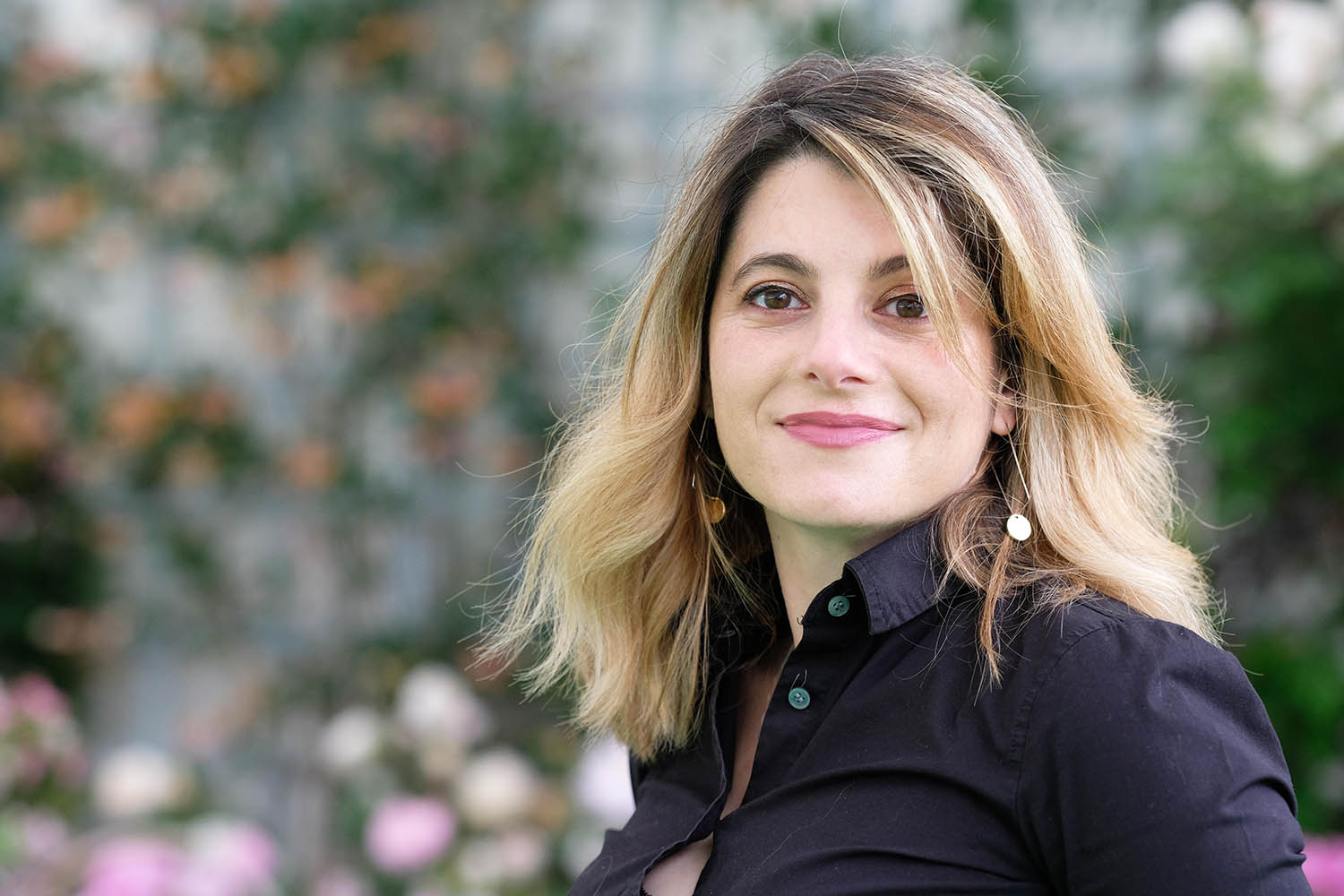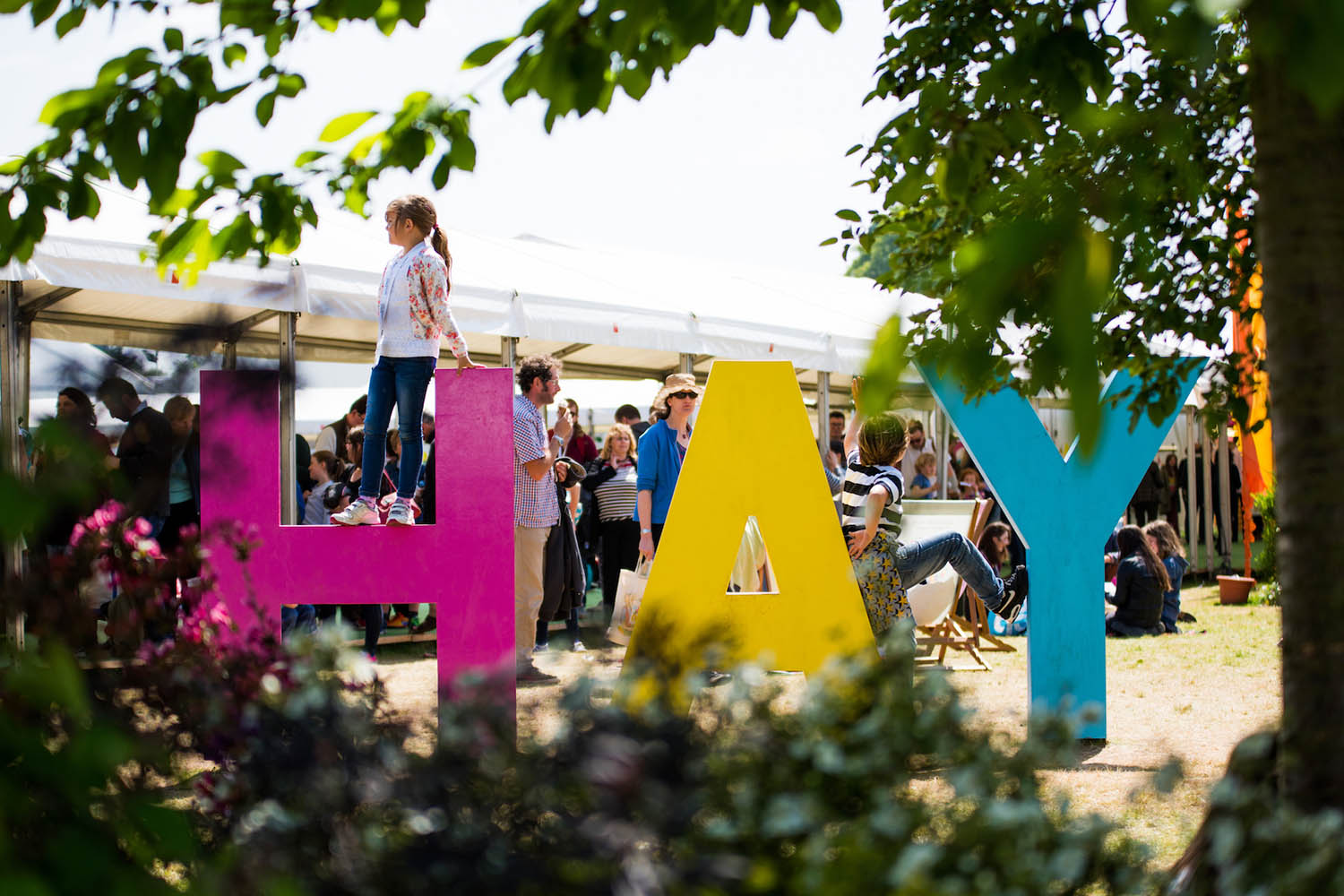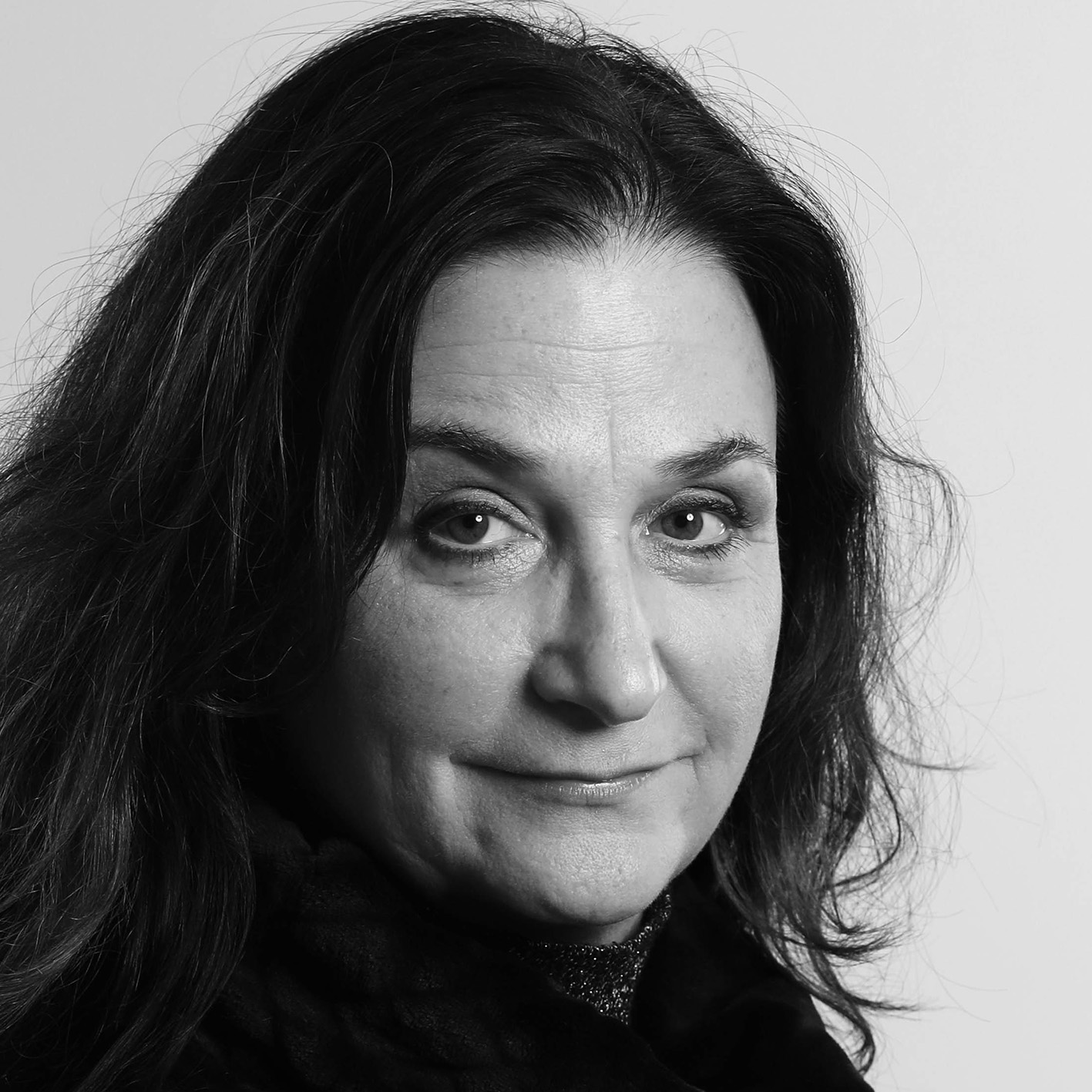The lights are low and the embers in the grate are glowing; it must be time for a good story. What about this one from Clementine Barchester-King, one of the hottest new authors of the summer?
Her debut novel, The Weft of Nettles, is set in a decaying Suffolk rectory where twin sisters, Honoria and Dido, have seen out seven decades of hard winters. Then, when a young ethnobotanist turns up unexpectedly with a mysterious VHS tape and a burning desire to catalogue invasive species, their family secrets unravel, one overgrown hedgerow at a time.
Tempted to read on? Or is the premise possibly a bit convoluted?
In fact, this book exists only in the mind of the AI program ChatGPT, which produced the fictional set-up when asked to suggest exactly the kind of novel most likely to win plaudits with British fans of literary fiction. It has not, in fact, been written and some might hope it never is.
Would it really matter, though, if an entire literary hit was generated by artificial intelligence via a program that quietly feasts on the words of unsuspecting authors? The question of the true worth of original work is now the most serious to confront the world of publishing – and a happy ending is far from guaranteed.
In Britain peers who have been fighting for copyright protections are taking up arms again this week. Efforts to amend legislation to ensure it prevents tech firms from covertly mining books to feed AI have already been voted down twice by MPs. But the Data (Use and Access) Bill will go back to the House of Lordstomorrow.
“The key thing to get across is that AI companies cannot have it both ways,” said Baroness Beeban Kidron, the film director who is behind the protective amendment to the bill. “These tech companies cannot on the one hand say they own nothing, that they are not liable or responsible for anything, and yet that they also should control everything. Transparency, as well as responsibility for what you publish, is crucial.”

Baroness Kidron is behind an amendment to the bill that would protect authors.
At Hay-on-Wye, at the final weekend of the annual festival, the mood remains buoyant. Belief in the value of human imagination remains strong.
Confronted with The Observer’s phoney AI flyer for the non-existent The Weft of Nettles, many avid readers at the festival were visibly affronted. The psychiatrist Pauline Ruth, from nearby Cwmdu, and retired teacher Ruth Jones, from west Wales, were both appalled. “I don't like the idea at all,” said Pauline. “I believe in human creativity and in the history of real literature.” Ruth, her friend, admitted she had recently tried it to create a story for her grandson. “I used ChatGPT to turn it into a story in the style of Julia Donaldson and it was brilliant. I found it quite scary.”
Natalie Smith, a 22-year-old engineer from Cardiff, said she would be annoyed if she realised a book she was reading was AI-generated, before saying: “But if I was enjoying it a lot, it might not matter.”
Newsletters
Choose the newsletters you want to receive
View more
For information about how The Observer protects your data, read our Privacy Policy
Richard Preston, 38, from Surrey, who uses AI in his work in the strategy department of a drinks company, said he would feel bad about undermining authors’ incomes by reading an AI novel and that it would also feel wrong. “I would not like to discover that any emotional experience I was having while connecting with an author’s thoughts was not real.”
Leading writers speaking at Hay were similarly resistant. The historical author Hallie Rubenhold, due to talk yesterdayon Saturday on her book Story of a Murder, about Crippen, said: “I would never use AI prompts for any creative enterprise. It is completely counter to what we do as artists and it dehumanises creativity.”
The writer Nick Harkaway, who is now working on his second spy novel based on the character of George Smiley, his father John le Carré’s creation, was also absolutist about the creative pitfalls of using an AI tool, such as Claude or ChatGPT in his work. “I would not use it, because it is really mediocre and bland, and why would I want that?
“People keep saying it would be great for new ideas, but I have ideas coming out of my head. That is not the problem. The problem is execution, and it is not good at that. I am sure it would be good in biotechnology, but why are we using it for writing text? And it is also terrible for the planet, so we can’t use it at scale anyway.”
‘I would not use it, because it is really mediocre and bland, and why would I want that?’
‘I would not use it, because it is really mediocre and bland, and why would I want that?’
Nick Harkaway, author
Only a few dark whispers suggest the battle is already lost and the way now clear for machine learning to produce much of our printed literature. “AI is here to stay. That horse bolted some time ago, so everybody is scrambling to catch up,” said the Labyrinth author Kate Mosse.
“But it’s the same thing that happened when lots of cars were first on the road and people then said we needed traffic systems, although others did not want them. We need new structures in place to manage it.”
The idea of some ineffable, irreplaceable artistic spirit is for the birds, some writers now concede, as was argued by Colm Tóibín in The Observer last week. He told Alex Clark: “The more material they put into the machines, the more the machines will learn about what sentences sound like, what rhythm is like.” What would AI mean for writers? “It’s going to be the end of us all.”
For Robert Harris, the author of Conclave, the defeat of the human author is not yet certain. He believes “no British government should leave its writers so unprotected”. A failure to amend the Data Bill, he added, ahead of speaking at the festival, would “overturn centuries of fighting for an author’s copyright”. “If cash-strapped libraries have to pay each time a book is borrowed, then it seems to me that huge tech companies with AI, who are also accessing the work of an author, should pay them a royalty each time. The average income of an author is only around £7,000 a year, after all,” he said.
Harris’s crusading sentiment was backed by another best-selling author, SJ Parris, at Hay to talk about her latest historical crime novel, Traitor’s Legacy. “Authors are only just understanding the scope of AI,” she said. “We thought it was a thing that might happen at some point. Now it is clear how much has already been stolen. And then on top of that is the shock of discovering that a Labour government doesn’t seem to understand the importance of it.”

Author Hallie Rubenhold says she would never use AI prompts for any creative enterprise.
Coverage of AI’s impact has so far often focused on stories with an obvious shock factor, like the publication in American newspapers last month of a syndicated list of summer reading titles that accidentally included several fake books invented by an AI generator. The sudden wholesale threat to livelihoods has, in contrast, ambushed the industry. Textbooks and genre fiction can be replicated at the touch of a few buttons, while the work of leading writers is repeatedly copied and misattributed.
If readers and authors are both horrified by the prospect of a new automatic stream of publishing, then there is hope for the fightback, argues the writer Rosie Boycott, Kidron’s ally on the issue in the House of Lords.
“If we don’t get Beeban’s amendments through, then the Labour party will have completely and pathetically caved and will have failed to protect the creative community that powers so much of this country’s economy.”
“We are now fighting for a writer’s moral right to speak with their own voice,” Kidron told The Observer this weekend. “There is a moral right not to be spoken for by another. In fact, it is a literal human right.”
Kidron, she insists, is not “anti-tech”. She merely objects to the government’s “economic illiteracy”. “I don’t think there is anything wrong with a piece of work that uses the lens of AI, or is prompted by AI, or was written by AI. For me, it is all about the need for transparency and liability,” she explains.
Susie Alegre, a Hay speaker and author of the book Human Rights, Robot Wrongs: Being Human in the Age of AI, said: “AI will not replace human creativity, but it will further undermine the ability for writers to monetise it. It is not about creativity, it is about control.”
Gillian Clarke, 87, the former national poet of Wales, still has confidence in the appeal of a real creative brain. “If a poem was produced with AI as if it was by me, I am not sure I would be upset. It would just seem ridiculous,” she said. “I am so involved with working with pen and paper and the spoken word that I have not thought seriously about this threat. Real words from real people are so much better.”
If Clarke is right, the desire for a human voice behind the printed word might still possibly halt the march of the algorithm. More importantly, the invented Weft of Nettles will remain an unprinted nightmare summoned up by an unknowing data set.
Photograph by Kathy deWitt/Alamy

